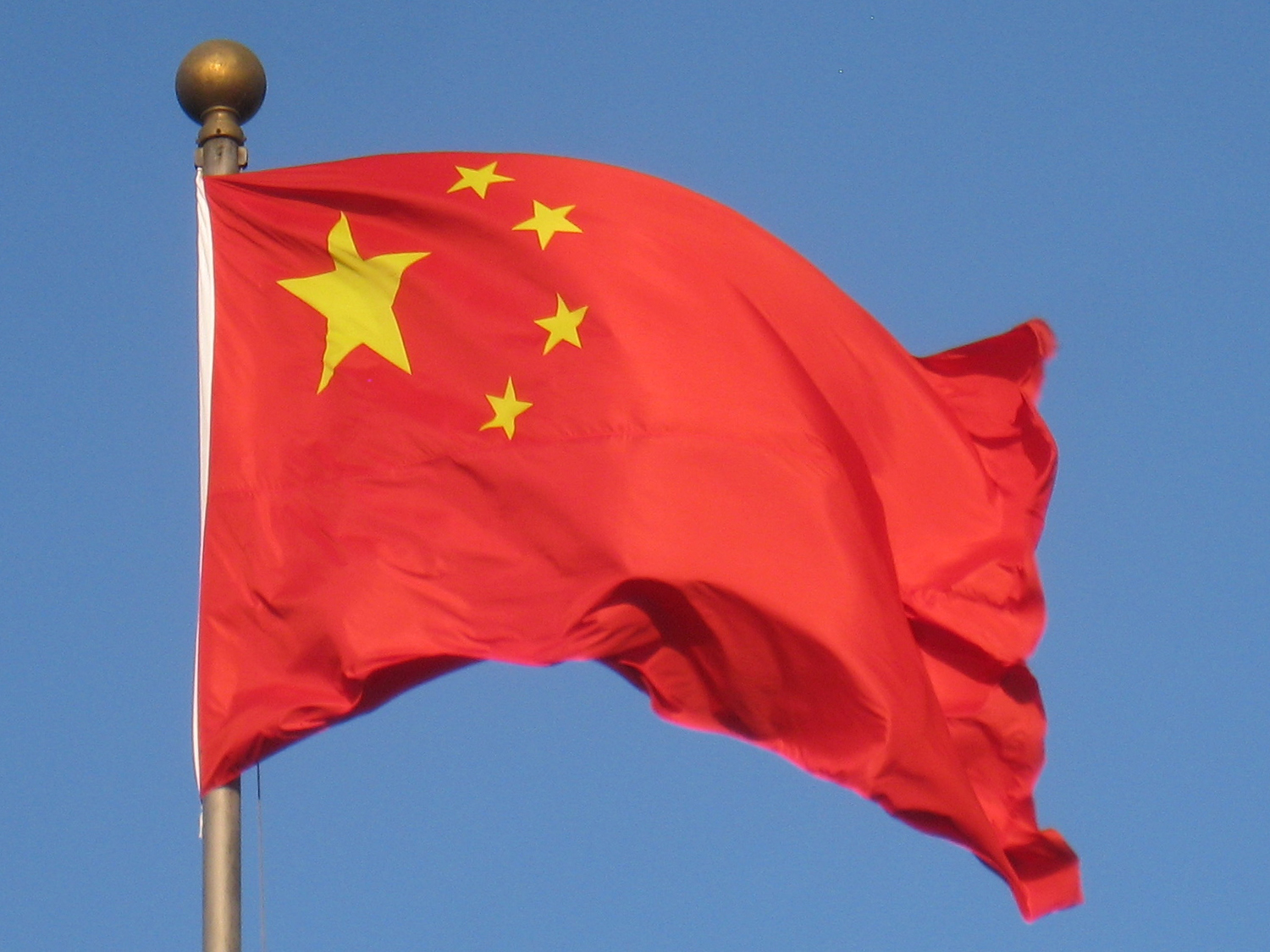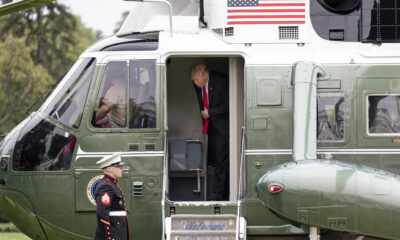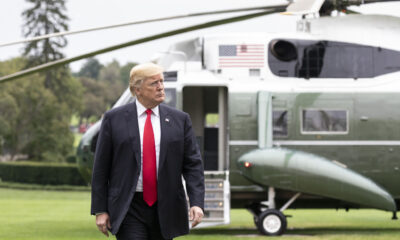Civilization
Chinese Companies Should Not Benefit From the EV Critical Minerals Tax Credit

The Inflation Reduction Act established the Section 30D New Clean Vehicle Credit, which includes a $3,750 critical minerals tax credit. Taxpayers are eligible for the credit if they purchase qualifying, new electric vehicles with batteries containing a certain percentage of minerals extracted or processed in the United States and free trade agreement countries—and excluding any minerals from “foreign entities of concern.” Earlier this month, the Department of Energy released its final rule on the foreign entity of concern definition, and the Department of the Treasury released its final rule on the tax credit. These final rules, however, allow electric vehicles with batteries containing minerals produced by entities tied to adversarial countries, including China, to receive the critical minerals tax credit.
Just what Joe Manchin wanted to avoid
According to US Senator Joe Manchin (D-W. Va.), the key author of the tax credit, a core reason for disqualifying vehicles with batteries that contain “any” minerals from foreign entities of concern from the tax credit was to prevent “bad actors,” namely China, from benefiting from the tax credit. Under the current rule, an electric vehicle with a battery containing mineral content from a foreign entity of concern disqualifies the vehicle from receiving the $3,750 critical minerals credit in 2024 and from receiving both the $3,750 critical minerals credit and a $3,750 battery components credit in 2025 and beyond. However, this requirement does not apply to graphite for the next two years, allowing electric vehicles with batteries containing Chinese-produced graphite to still qualify for the tax credit.
Definition of a foreign entity of concern
Moreover, the current definition of foreign entity of concern only deems an entity a foreign entity of concern if it “engages in the extraction, processing, or recycling of such critical minerals…in a covered nation,” which includes China, or “is incorporated or domiciled in, or has its principal place of business in, a covered nation.” Additionally, an entity is deemed a foreign entity of concern if the government [including members of the ruling party like the Chinese Communist Party] of a covered nation controls “25% or more of the entity’s board seats, voting rights, or equity interest,” and an entity may also be deemed a foreign entity of concern if it “has entered into a licensing arrangement or other contract with” a foreign entity of concern that entitles the foreign entity of concern “to exercise effective control over” the entity’s minerals production.
How Chinese companies can skate on this
Consequently, foreign companies outside covered nations and with less than 25% of their stock, voting shares, or board seats held by a government of a covered nation are not considered foreign entities of concern. These companies include foreign subsidiaries and joint ventures with Chinese and Russian parent companies. For instance, “foreign subsidiaries of privately-owned Chinese companies” in non-covered nations like Indonesia may not be considered foreign entities of concern, so long as the Chinese government controls less than 25% of the subsidiaries’ stock, voting shares, or board seats.
The foreign subsidiaries of the Chinese company Tsingshan, the world’s largest nickel producer, and the Chinese company CMOC, the world’s largest cobalt producer, would reportedly not be considered foreign entities of concern. Furthermore, this narrow definition means critical minerals extracted or processed by Chinese subsidiaries or joint ventures in free trade agreement countries like Morocco could contribute to the content requirements of the critical minerals tax credit, benefiting entities tied to adversarial countries.
Shut out any company with even partial Chinese ownership
The US government should close this foreign entity of concern loophole. Specifically, the US government should expand the foreign entity of concern definition by deeming an entity with any ownership tied to a covered nation as a foreign entity of concern. For example, the nickel processing joint venture of Ford, Vale, and Zhejiang Huayou Cobalt in Indonesia should be deemed a foreign entity of concern because Huayou Cobalt, a Chinese-linked entity, has ownership in the project. Under this proposed policy, Americans could still purchase vehicles containing minerals produced by Chinese entities, but an electric vehicle with a battery containing minerals produced by an entity with any Chinese-connected ownership would be ineligible for the tax credit.
In sum, the original intent of the critical minerals tax credit was to exclude entities tied to adversarial countries—like foreign subsidiaries of Chinese companies—from benefiting from the critical minerals tax credit. Yet, the final rules allow electric vehicles with batteries containing minerals produced by entities tied to adversarial countries to benefit from the tax credit. To close this loophole, the US government should expand the foreign entity of concern definition to include entities with any ownership tied to a covered nation, such as China.
This article was originally published by RealClearEnergy and made available via RealClearWire.
Gregory D. Wischer is the founder and principal of Dei Gratia Minerals, a critical minerals consultancy.
-

 Civilization3 days ago
Civilization3 days agoWhy Europe Shouldn’t Be Upset at Trump’s Venezuelan Actions
-

 Executive4 days ago
Executive4 days agoHow Relaxed COVID-Era Rules Fueled Minnesota’s Biggest Scam
-

 Constitution5 days ago
Constitution5 days agoTrump, Canada, and the Constitutional Problem Beneath the Bridge
-

 Christianity Today3 days ago
Christianity Today3 days agoSurprising Revival: Gen Z Men & Highly Educated Lead Return to Religion
-

 Civilization4 days ago
Civilization4 days agoThe End of Purple States and Competitive Districts
-

 Executive3 days ago
Executive3 days agoWaste of the Day: Can You Hear Me Now?
-

 Executive4 days ago
Executive4 days agoWaste of the Day: States Spent Welfare in “Crazy Ways”
-

 Guest Columns5 days ago
Guest Columns5 days agoWhy We Need Lent














